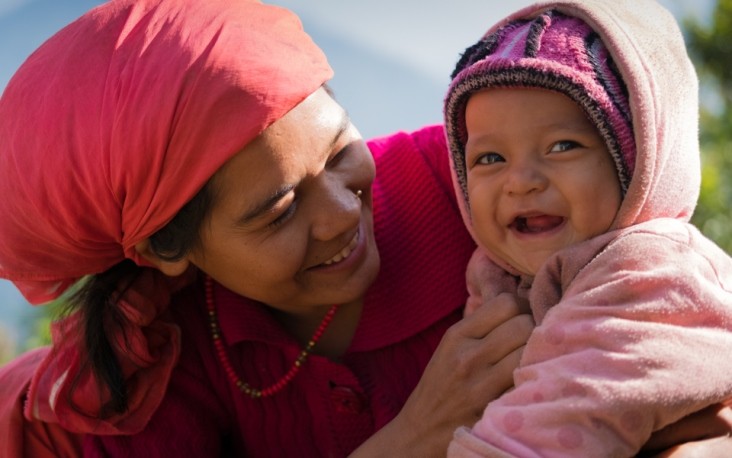Speeches Shim

Nepal has made remarkable strides in improving the health of its people. Investments in essential health services have helped double life expectancy since 1960, control malaria, and expand a network of improved facilities and community health workers to better serve Nepalis in all corners of the country. In particular, Nepal has been noted for its remarkable achievement in bringing down the number of maternal deaths by more than 75 percent since 1990, as well as for significantly reducing under-5 child mortality by more than 66 percent over the past 20 years.
In the area of child health, USAID supports the more than 50,000-strong national Female Community Health Volunteer Program in providing vitamin A supplementation, immunizations, family planning counseling, safe motherhood interventions, community-based integrated management of childhood illnesses, particularly the detection and treatment of pneumonia and diarrhea—the top two causes of child deaths in Nepal—and community-based newborn care package. Each year, Female Community Health Volunteers administer vitamin A capsules and deworming tablets to 3.2 million children between the ages of six months to five years. The biannual vitamin A supplementation helps to prevent an estimated 12,000 child deaths per year.
Working in every district of Nepal, the volunteers are often the only health providers in remote areas. USAID continues to focus on scaling up sustainable, integrated, community-focused interventions as well as focusing on assisting the Ministry of Health to deliver quality of services focusing on children, women, and marginalized communities.



Comment
Make a general inquiry or suggest an improvement.